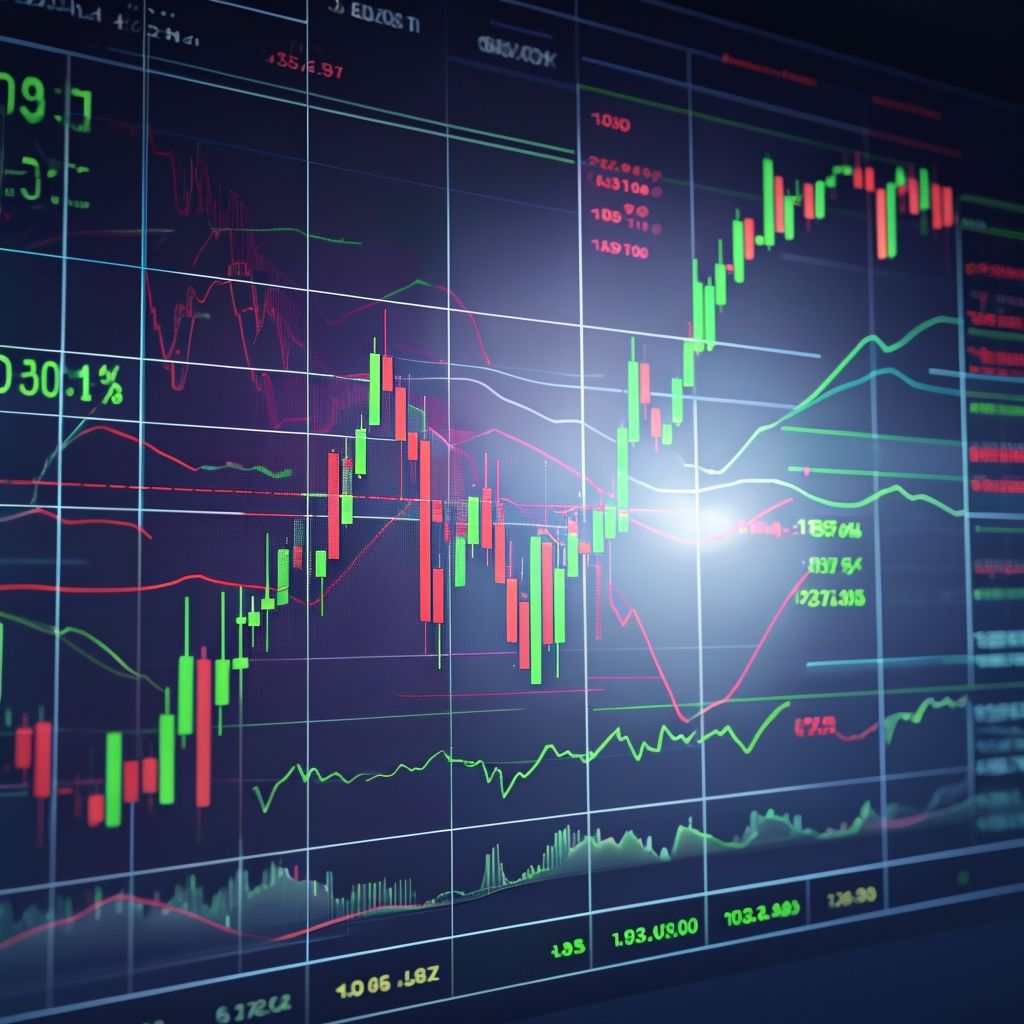1. What is Forex Trading?
Forex trading involves exchanging one currency for another to profit from price fluctuations. It operates 24 hours a day, five days a week, across major financial centers worldwide.
Key Features:
- Decentralized Market: No central exchange; trading occurs over-the-counter (OTC).
- Highly Liquid: Trillions of dollars traded daily.
- Leverage Available: Traders can control large positions with a small deposit.
2. Understanding Currency Pairs
Currencies are traded in pairs, such as EUR/USD or GBP/JPY. The first currency is the base currency, and the second is the quote currency.
- Bid Price: The price at which you can sell the base currency.
- Ask Price: The price at which you can buy the base currency.
- Spread: The difference between the bid and ask price.
✅ Example: If EUR/USD is 1.1000, it means 1 EUR = 1.10 USD.
3. Major, Minor, and Exotic Pairs
- Major Pairs: Most traded, including EUR/USD, USD/JPY, and GBP/USD.
- Minor Pairs: Do not involve USD, like EUR/GBP or AUD/CAD.
- Exotic Pairs: Include a major currency and an emerging market currency, such as USD/TRY.
4. How Forex Trading Works
Forex trading takes place in lots:
- Standard Lot: 100,000 units of currency.
- Mini Lot: 10,000 units.
- Micro Lot: 1,000 units.
Traders use leverage, which allows them to trade larger amounts with a smaller investment.
✅ Example: With 1:100 leverage, a $1,000 deposit can control a $100,000 position.
5. Forex Market Participants
- Retail Traders: Individual investors trading through brokers.
- Banks & Institutions: Major financial players managing large forex transactions.
- Central Banks: Influence currency value through monetary policies.
- Corporations: Engage in forex trading to hedge against currency fluctuations.
6. Trading Strategies for Beginners
- Scalping: Quick, small trades for minor price movements.
- Day Trading: Buying and selling within the same day.
- Swing Trading: Holding trades for several days to capture price trends.
- Position Trading: Long-term trading based on fundamental analysis.
Conclusion
Forex trading offers exciting opportunities, but it requires a strong understanding of the market and proper risk management. Beginners should start with a demo account, learn technical and fundamental analysis, and develop a solid trading strategy before investing real capital.


